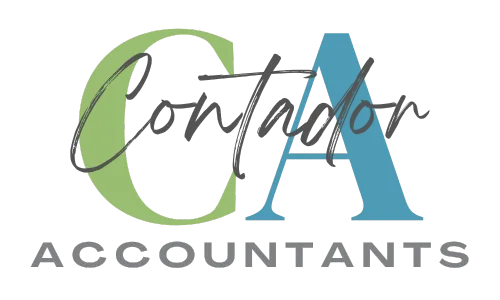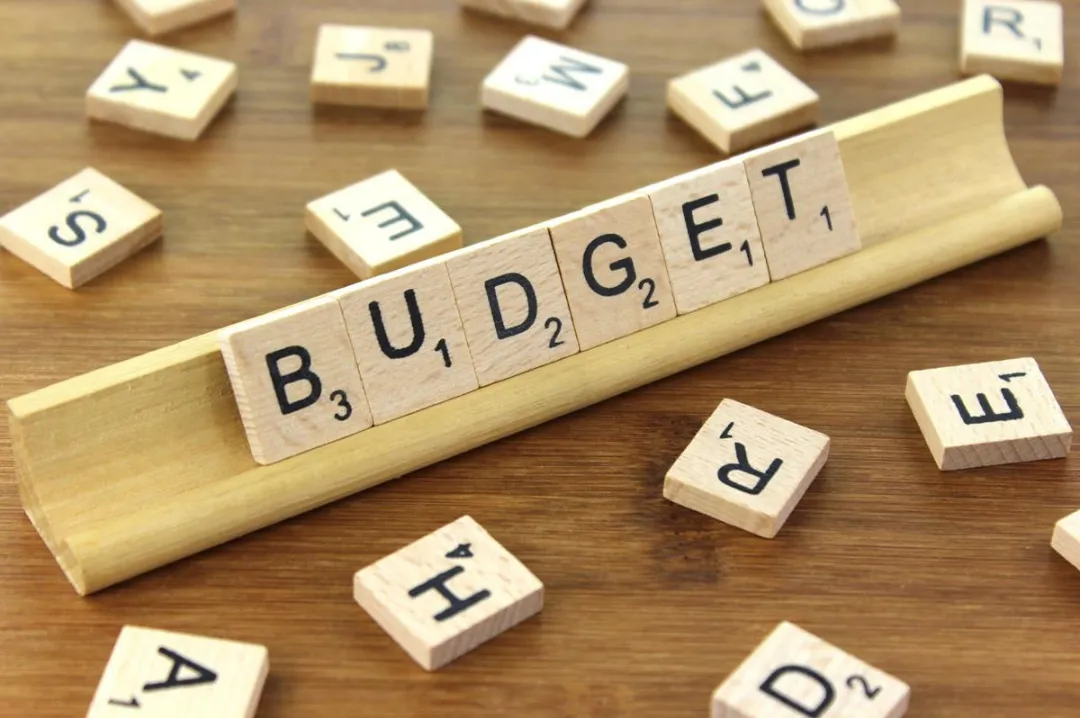The 2017/2018 budget speech, delivered on 22 February by Finance Minister Pravin Gordhan, spelled out a tough year ahead for taxpayers. Taxes were raised while an effort will be made to reign in government spending to reduce the large budget deficit.
There is a sharp increase in taxes for the super-rich, but even those who don’t fall into that category will be affected.
Revenue collected in the prior year was R30 billion lower than expected. An additional R28 billion needs to be raised this year, and the main areas affected are:
- A new income tax bracket for the super-rich
- Tax rates not adjusted in full for inflation
- A higher dividend withholding tax
- Increased fuel and road accident fund levies
- Higher sin taxes
Quite concerning is that the proposed budget did not include any concrete plans to boost the economy. Additionally, the increase in taxes may further hamper growth.
Budget 2017 Highlights
Here are some of the highlights discussed in the budget speech:
- There is a deficit of 3.4% of GDP for the 2016/17 year, expected to decrease to 2.6% in 2019/20.
- Government debt is R2.2 trillion, which is about 52.3% of GDP. It is projected to stabilise at 48.2% by 2020/21.
- Additional R28 billion tax revenue will be raised in 2017/18, and we can expect a further R15 billion increase in 2018/19.
- Real growth of about 1.9% is expected for the next three years.
- The unemployment rate is 35%, according to Gordhan.
Spending Programs
Here is a breakdown of the main categories that our tax money will fund:
- R490.4 billion on social grants
- R105.9 billion on transfers to universities
- R751.9 billion on basic education
- R114.8 billion on subsidised public housing
- R94.4 billion on water resources and bulk infrastructure
- R606 billion on health.
Tax Revenue to Be Collected
Here is a breakdown of how much will be collected from the different types of taxes:
- R482.1 billion from personal income tax
- R312.8 from VAT
- R218.7 billion from corporate income tax
- R96.1 billion from customs and excise duties
- R70.9 billion from fuel levies
- R84.9 from other sources.
Major Tax Changes and Additions for 2017
Below we highlight only the most prominent changes and additional taxes introduced this year:
Personal Income Tax
- A new income tax bracket was introduced for the super-rich. Individuals who earn more than R1.5 million per year will now pay 45% tax on income above this threshold.
- The rest of the tax brackets were not adjusted in full for inflation (called bracket creep). This means that you will effectively pay more tax on the same income, adjusted for inflation.
- An additional R16.5 billion will be raised in personal taxes. The new super tax bracket will add R4.4 billion, while bracket creep contributes to R12.1 billion.
- The tax threshold for people under 65 is now R75,750, increased from R75,000 from the previous year. This means that should you earn income less than R75,750, you won’t have to pay any taxes.
Affordable Housing Relief
- The tax threshold was increased to R900,000 from R750,000, which means that you won’t pay any transfer duties on property you buy for less than R900,000.
Dividend Tax
- The dividend withholding tax rate was increased to 20% from 15% in the previous years.
- The higher dividend withholding tax will account for an extra R6.8 billion tax revenue collected.
- The effective date is 22 February 2017.
Fuel Levies, Sin Taxes, and Health Promotion Levy
- The fuel levy was increased by 30c/litre and the road accident fund levy with 9c/litre. This increase will come into effect on 5 April 2017.
- Sin taxes – alcohol and tobacco excise duties – were also increased, as expected.
- The increase in fuel and sin taxes will add an additional R5.1 billion to tax revenue.
- A new health promotion levy in the form of sugar tax on sugary beverages was introduced. This tax will come into effect as soon as the new legislation is approved.
Trusts
- The tax rate on trusts was increased to 45% from 41%.
Who Will Feel the Pain?
It’s clear that the rich are targeted this year with the new super-rich tax bracket, higher dividend tax, and increased tax rate on trusts. To be seen as super rich in South Africa, you only need to make more than R1.5 million. Surprisingly, only 1.4% of the population falls into this category – about 103,300 individuals. This small group pays about 26% of all personal income tax.
Middle-income earners will also feel the pain – everybody that pays personal income tax will be affected by the bracket creep.
Additionally, increased fuel levies affect everybody – if you don’t pay for transport, you’ll indirectly pay for fuel with increased food prices.
This year might be a good year to try following a healthier lifestyle – cutting out tobacco, alcohol, and sugary drinks, combined with walking or cycling as much as you can, might just stretch your Rands a bit further!
Can We Expect a Growing Economy?
About 60% of our GDP is driven by consumer spending. When tax rates are increased, people have less disposable income, which means they will spend less. Less consumer spending can have devastating effects on growth.
If you’re not part of the small group of rich and super rich, you may think it serves them right to pay more taxes. But we need to take into account that this group of elite contributes a lot to consumer spending. The money they spend trickles down to the rest of us – they support business who can, in turn, employ more people. Take that money away, and job stability and growth are in danger.
Government debt currently stands at 52.3% of GDP, a sharp increase from 2009 when it was only 26%. The cost of serving debt – interest – is a whopping 11% of total expenditure and is the fastest growing component of government spending. There is still a risk that our global credit rating will be downgraded later this year. Should we be downgraded to junk status, the cost of debt will increase sharply, putting our economy under even more pressure.
There are also no real plans in the budget to boost growth or create jobs.
In light of the above, the expectation of a growing economy is elusive. This year we might have to spend less and hope the government will do the same so that we can work together towards a brighter, growing future.
Need Tax and Business Advice?
Though the picture might look dire, all is not lost. Get in touch with us to help you with tax structuring to legally decrease your tax bill as much as possible. We can also give you business advice and guidance to help you grow your business so that you won’t feel the pinch as much.

